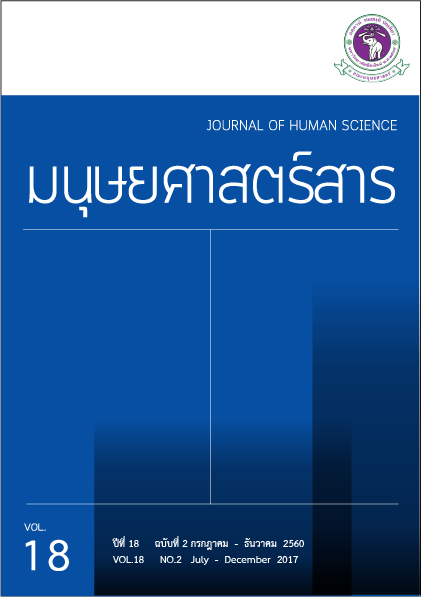Buddha Jayanti and Sri Lankan Politics under Solomon Bandaranaike (1956-1959)
Main Article Content
Abstract
จุดเปลี่ยนแปลงสำคัญของประวัติศาสตร์การเมืองศรีลังกาในแง่ที่เกี่ยวข้องกับ
The Buddha Jayanti in 1956 reveals a significant turning point in Sri Lankan political history. That is, Theravada Buddhism transformed itself from a political project that allied with the union movements from the Left in the 1920s into a movement that pushed for extreme Buddhism agendas, aiming to make Buddhism the most privileged religion in the island.
This research article uses the political career of Solomon Bandaranaike (1899-1959) as a starting point in a discussion of the emergence of the Sinhala-Buddhist identity, a political instrument that would cause enormous problems in the subsequent Sri Lankan politics. This research finds that allowing extreme Buddhist agendas bears dangerous consequences: Bandaranaike was born politically by the extreme Buddhist agenda but at the same time it backfired on him when he was assassinated by a Buddhist monk in 1959.

